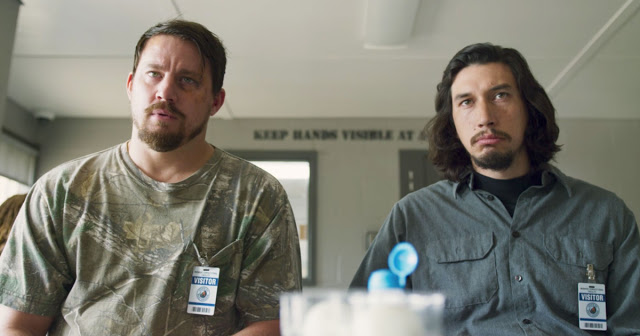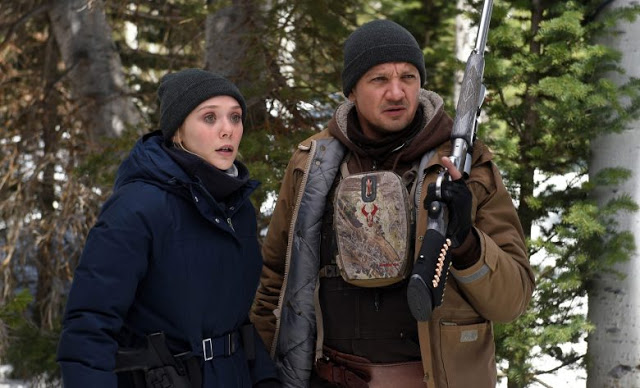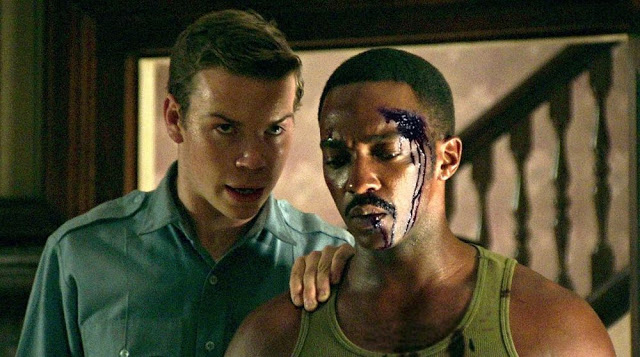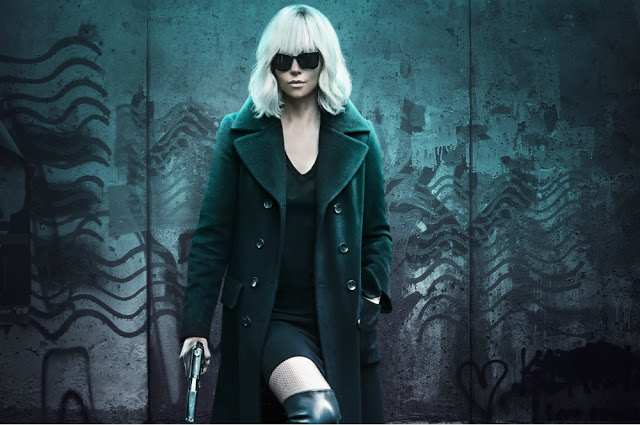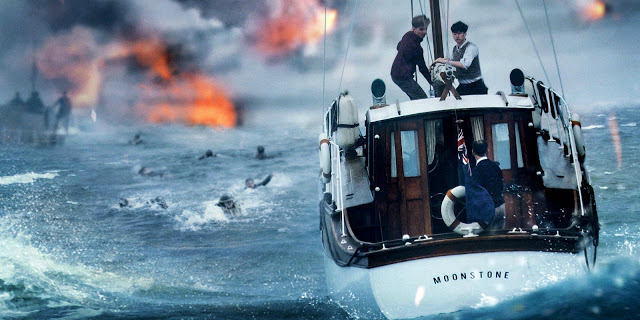Logan Lucky: Robbing That Racetrack, and Maybe Stealing Your Heart
Steven Soderbergh’s Logan Lucky opens with Jimmy Logan (Channing Tatum) regaling his 10-year-old daughter, Sadie (Farrah Mackenzie), about the creation of “Take Me Home, Country Roads”. It’s a colorful tale, complete with serendipitous car crashes and an all-night jam session, and Sadie asks her father if he perhaps admires the classic ballad because of the story behind its genesis. Jimmy responds that, while he appreciates the ditty’s backstory, that isn’t what makes it special. “I like the song because of the song,” he says.
It’s a sweet, disarming scene, quickly establishing the film’s gentle and laid-back vibe, but for cinephiles, it takes on a meta context. Those of us who mourned Soderbergh’s announcement in 2013—that, after releasing two movies that year (the slightly overrated Behind the Candelabra and the decidedly underrated Side Effects), he was retiring from filmmaking—could be forgiven for cherishing Logan Lucky simply because it heralds the return of one of American cinema’s most gifted and versatile directors. But while I’m delighted to have Soderbergh back in theaters (during his so-called retirement, he made two seasons of The Knick for Cinemax), my appreciation of Logan Lucky doesn’t stem primarily from him ending his self-imposed hiatus. To paraphrase Jimmy: I like the movie because of the movie. Read More

